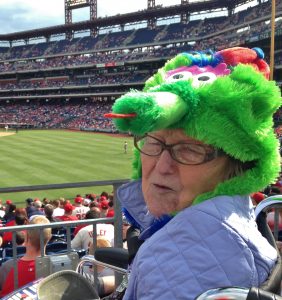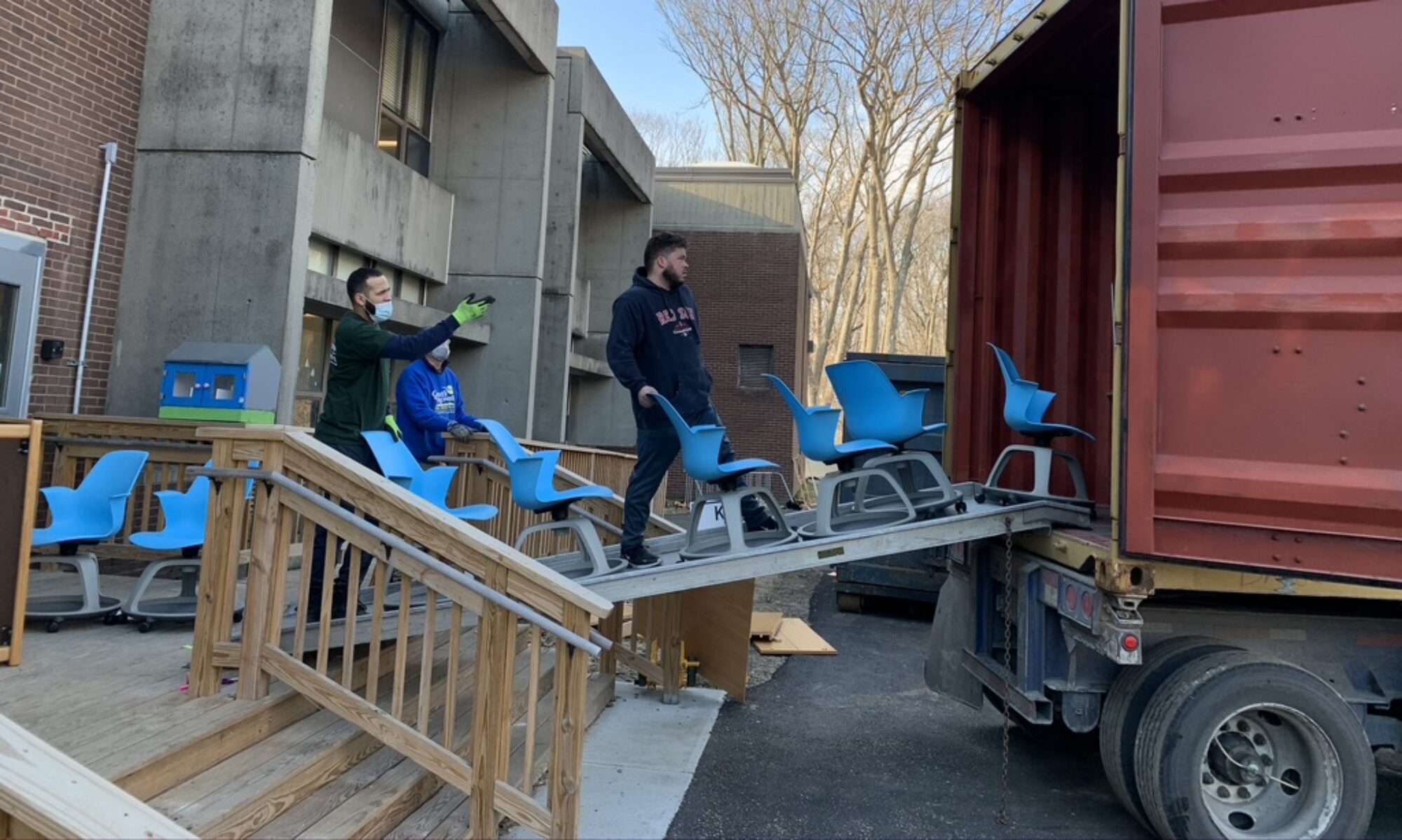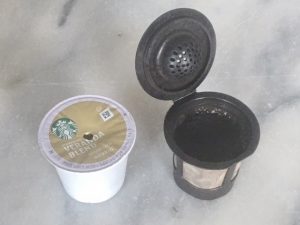I wrote this a couple of years ago, and I try to remember to put it up again every year at Mothers Day. I know that Moms differ in their talents, and their caring, and their concern and involvement, but when Moms get it right, there are no better or more important people in the world. My Mom – Patty, PWL, Patrishka – got it right. To Patty and to all good Moms, you’re the best.
 I love my Mom, and if you know my Mom you will know why. She lived on her own until a couple of years ago, but then she gave up her driver’s license and started to get lonely and sad. So now she lives with me.
I love my Mom, and if you know my Mom you will know why. She lived on her own until a couple of years ago, but then she gave up her driver’s license and started to get lonely and sad. So now she lives with me.
But this isn’t a story about my Mom; it’s a story about Moms.
Because now I get to be a Mom to my Mom. And being a Mom is something else.
Here is what you get to do, if you’re a Mom:
You prepare three meals a day. You make sure they’re nutritious. You make sure they’re interesting. You plan and go shopping. If you’re not going to be home for a meal, you prepare something ahead, or leave instructions for the daycare lady.
You prepare and serve food in clean pots and dishes, and then they’re dirty. You wash them, dry them, put them away, take them out and start over. Over and over and over, day after day after day.
You vacuum. You dust. You clean sinks and toilets. And then someone tracks in some dirt, leaves a soap ring in the bathroom, spills a glass of juice. And so you start over. These jobs do not end. You do them over and over and over. They are not rewarding.
You wash clothes. And sheets and pillowcases, and towels and washcloths. You fold them and put them away. People get them dirty, so you do it again. And again. And again. You make the doctor’s and dentist’s appointments, and make sure people get there. You make sure there’s money in the bank, and pay the bills.
You don’t get any sick days. You can have a miserable cold, or the flu, or a broken leg, but being a Mom doesn’t go away. Those people who rely on you, they still rely on you, and they are lost without you. You can have one foot in the grave, but the other will be pushing the vacuum cleaner or going to the store.
You are always on your game. If someone is down, you find a way to make them laugh. If someone is sick, you find a way to make them feel better. If someone needs to talk, you listen. If someone needs company, you talk. You don’t get to have a bad day, because someone else is relying on you to make their day good. You don’t get to show anger, or frustration, or impatience. You are the rock on which all waves break.
You compromise your career. You tell your boss, I cannot make that meeting, I don’t have coverage; I cannot make that trip, I can’t be away that long. You arrive at work later, and you leave earlier. You try to do work at home, but then someone at home needs your attention. Other people at work, who are not Moms, their careers stay on fast track. Yours stagnates.
My own Mom gave up 25 years of her life, and her career, to be a Mom. She was on course to be one of the first women executives at Time, when Time was the most powerful media company in America. She chucked that, to cook, and wash dishes, and clean the house, and do the shopping, and make the doctor’s appointments, and wash underwear. To be a Mom.
I have learned many things, being a Mom to my Mom.
I have learned that being a Mom is the most frustrating, boring, stupid, repetitive, tedious, day-to-day the least rewarding thing I have ever done.
I have learned that being a Mom to someone I love is the most satisfying, valuable, by far the most challenging and rewarding thing I have ever done.
I have learned that Moms – not me, but real Moms, to real kids – are the most the most generous, loving, caring, thoughtful, capable, the most fantastic people in the world.
To my Mom – Patty – and to all Moms on Mother’s Day: Thank you, you are the best.

